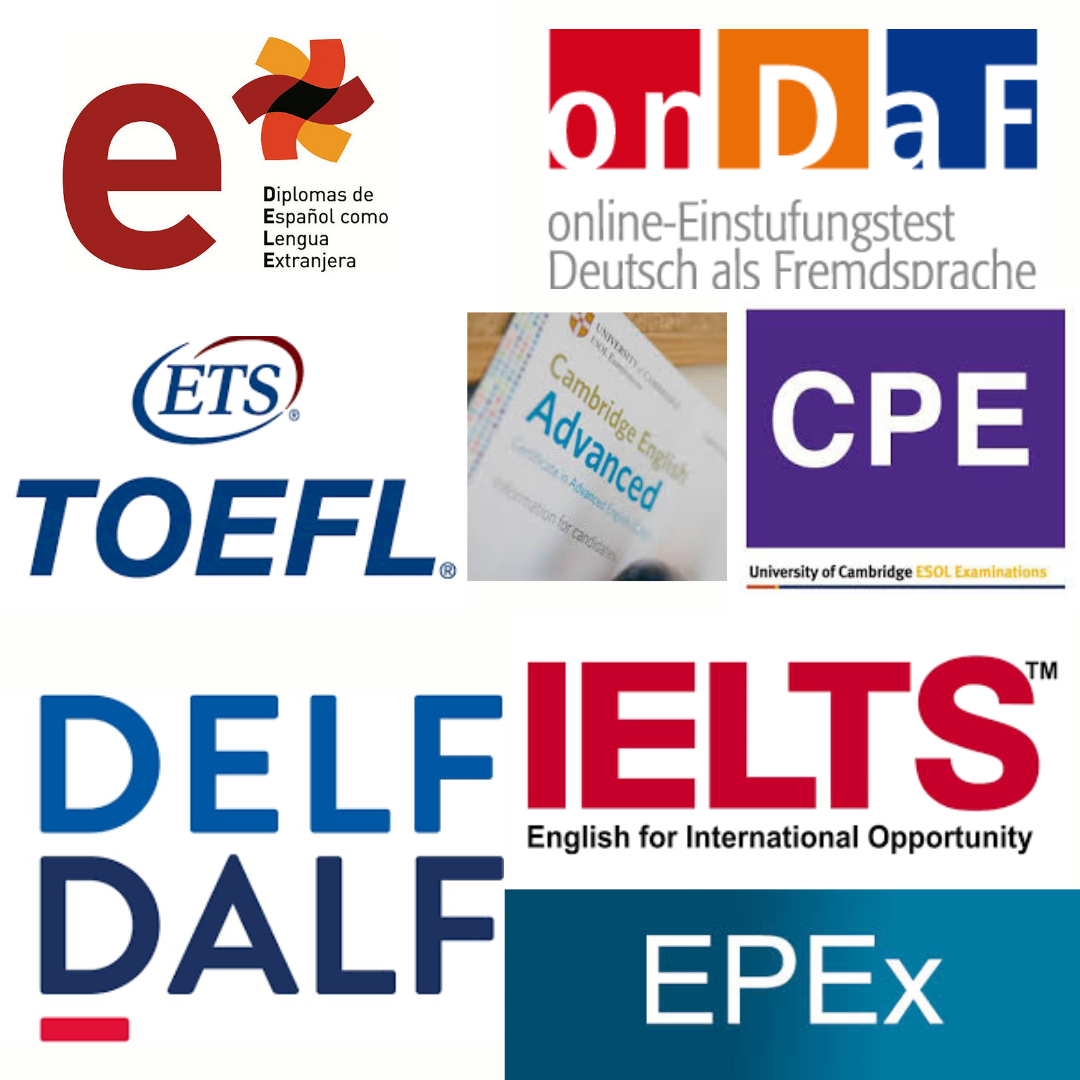About SINTER
 The Office of International Relations (SINTER) is a central executive body of Universidade Federal de Santa Catarina (UFSC), directly linked to the Rector’s Office (GR), which mainly aims at:
The Office of International Relations (SINTER) is a central executive body of Universidade Federal de Santa Catarina (UFSC), directly linked to the Rector’s Office (GR), which mainly aims at:
- promoting the university’s interaction with international organizations and institutions of higher education, research, technological innovation and art conservatoires;
- establishing and giving support to technical, scientific and cultural cooperation agreements;
- providing exchange opportunities for UFSC students, faculty and staff; and
- assisting the University on academic, administrative and (when necessary) financial matters, in the development of activities involving international organizations.
Mission
The mission of the Office of International Relations (SINTER) is to coordinate, develop and advance UFSC’s Internationalization Policy, through parameters that are connected to the institutional mission of “producing, systematizing and socializing philosophical, scientific, artistic, and technological knowledge, broadening and deepening students’ education for the professional practice, critical thinking, and national and international solidarity with a view to building a just and democratic society and also guaranteeing quality of life” and to the principles of autonomy, respect for sovereignty, equity, horizontality, complementarity, knowledge sharing, dialogue and appreciation of local experiences, identities and realities in internationally established relations.
Internationalization Policy
In line with the mission and values of UFSC, our Internationalization Policy has the following general principles:
- Broadening the culture, horizons and perspectives of internationalization in the direction of multilateralism and multilingualism, with a view to international solidarity and academic excellence, aiming at building a just and democratic society, and guaranteeing quality of life;
- Democratizing international opportunities to meet the diversity of contexts, social groups, ethnicities, cultures and interests that exist in and around the University;
- Promoting the quality and academic relevance of the University in all its areas, especially in teaching, research and outreach;
- Contributing to the development of interdisciplinary, innovative and entrepreneurial practices, especially with regard to proposing solutions to the great issues facing humanity, such as access to knowledge and citizenship, environmental sustainability, and scientific, technological, economic, human and social development, in line with the United Nations (UN) Sustainable Development Goals (SDGs);
- Promoting epistemic justice and the decolonization of knowledge, given the understanding that international relations unequally constituted throughout history carry, alongside the opportunities offered by internationalization, political and ethical issues that are contestable and contradictory and tend to situate the Global South as a buyer of educational products;
- Encouraging the implementation of active international integration actions, going beyond international mobility in the South-North direction and valuing the potential of cooperation with the Global South in the search for solutions to common problems and the development of a socially just and pluralistic internationalization project; and
- Respecting the academic, administrative and scientific autonomy of UFSC and its international partners, seeking to establish reciprocal, ethically responsible and transparent relationships based on dialogue and participation, which encourage the co-production of knowledge for scientific, technological, human and social development.
Fundamental objectives (2022-2026)
- To broaden the culture, horizons and perspectives of internationalization in the direction of multilateralism and multilingualism, with a view to international solidarity and academic excellence, aiming at building a just and democratic society, and guaranteeing quality of life;
- To collectively define an international relations policy that addresses the diversity of contexts, social groups, ethnicities, cultures and interests that exist in and around the University.
Key priorities (2022-2026)
- Strengthening relations with the Global South;
- Democratizing international opportunities;
- Democratizing international relations management;
- Improving SINTER´s working processes.















